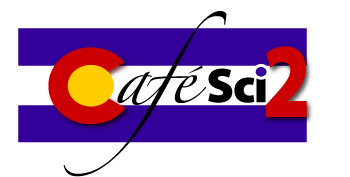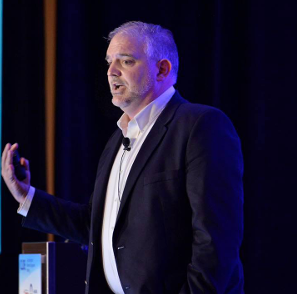|
|
|
Democracy requires high quality communication to function well, but unfortunately we are essentially getting the opposite, as polarization and hyper-partisanship rages almost out of control. As we learn more and more about brain science, social psychology, and process design, we better understand why our public discourse has taken such a turn for the worst, and we can begin to work, particularly at the local level, to build capacity for the kind of engagement and connections our communities need to thrive. Based on 12 years of running the Center for Public Deliberation at Colorado State University, Martin Carcasson will introduce the concept of the Wicked Problems Mindset, and how when we shift our thinking from assuming wicked people and put the wickedness in the problem, we can begin to transform our political conversations and tap into the best of human nature. Such a transformation is critical, because as our hyper-partisanship grows, we will be unable to productively address any difficult issue in our communities. Our growing divides, in other words, must be considered the most important issue we face. While shifting our national conversation will be difficult, experience does show that local communities can overcome the polarization and find ways to talk to each other again. |

 Martín Carcasson, Ph.D., is a professor in the Communication Studies department of Colorado State University, and the founder and director of the
Martín Carcasson, Ph.D., is a professor in the Communication Studies department of Colorado State University, and the founder and director of the